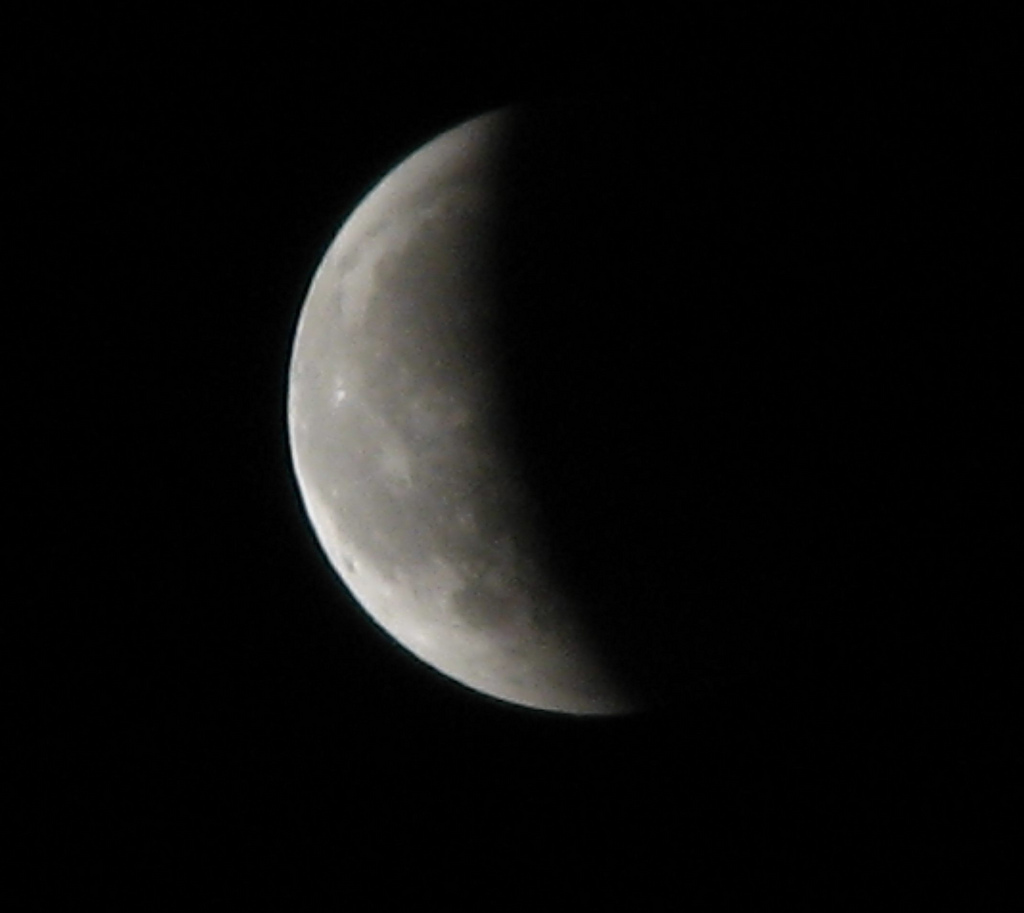The space program belonging to the People’s Republic of China began during the 1950s. At that time, the country developed a ballistic missile program when they felt threatened by the United States and Russia. However, space exploration did not begin until 2003 when Yang Liwei entered space aboard the Shenzhou 5. The program continually evolved over the years. Recently, China announced a plan to send a lunar rover to explore the far side of the moon.
The Chang’e 4 was launched from the Xichange Satellite Launch Center on December 8, 2018. The craft is expected to arrive on the moon’s surface sometime in January 2019, following the 26-day flight. The mission involves a low-frequency radio astronomy experiment to determine if plants are capable of growing in the low-gravity atmosphere. The rover will also survey the area for signs of water and other organic resources. As the far side is void of electromagnetic interference, the location is also ideal for studying outer space environment and solar activity.
The land rover known as Chang’e 4 is approximately five feet (1.5 meters) in length and 3.3 feet (1 meter) in height and width. The craft has two folding solar panels and six wheels. However, this is not China’s first trip to the moon. In 2016, the Chang’e 3 rover named Yutu was retired after having spent more than 2.5 years on the moon.
China has even more plans for space exploration in the future. China hopes that in the near future, the efforts of the Shenzhou program will include sending a manned flight to the moon. Beijing also hopes to launch the country’s first Mars probe sometime during 2020. Along with orbiting the planet, researchers hope to obtain samples from the surface of the Red Planet. Two years later, China has plans for launching a permanent space station.
Although China professes that its space missions are peaceful, the United States government remains cautious that the country may use their program to potentially launch weapons into space. The technology used to venture to outer space can be utilized by civilian and military agencies. As such, Congress has prohibited NASA from working with the country in order to maintain national security. At this time, the United States has not yet demonstrated having an interest in developing diplomatic relations regarding space security.






